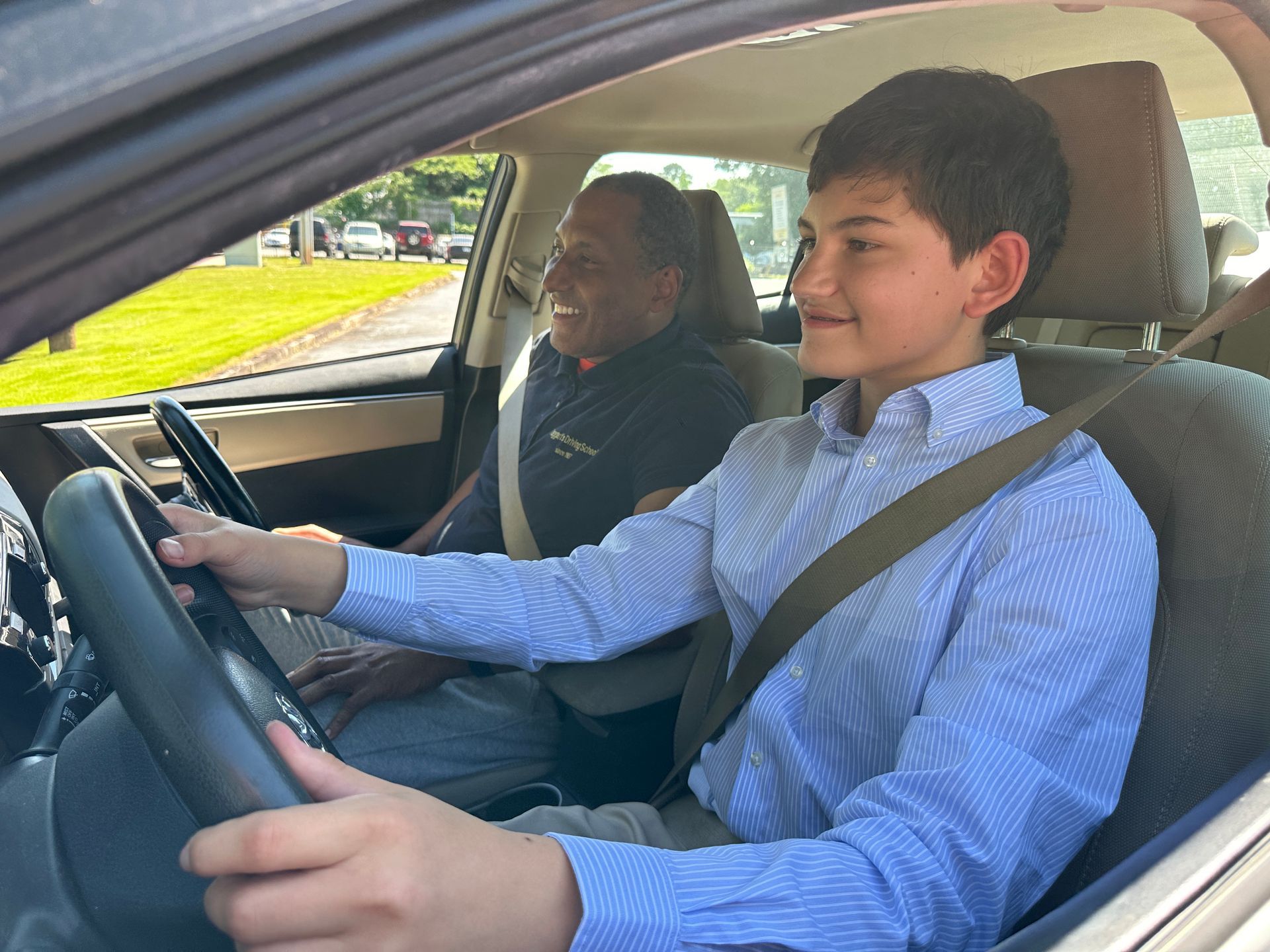When it is time for your child to start driving, it can be a very stressful situation. Fortunately, you can send your child to a driving school to make the process easier for everyone. The following guide walks you through a few reasons why a driving school may be the best option when your child needs to learn to drive.
AVOID FRUSTRATION AND HURT FEELINGS
When a child gets behind the wheel of a car, they either feel very fearful or very liberated. Both of these emotions can cause a child to drive a bit erratically, which can be stressful for a parent. When teaching your child to drive, you both could become overwhelmed because they may not do the things that you want them to do. Instead of having a positive teaching experience with your child, you might end up fighting.
Taking your child to a driving school allows someone else to give them direction. The instructor will have experience working with children and will be patient enough to be able to handle the anxiety that comes with teaching a child to drive.
ENSURE YOUR CHILD LEARNS THE PROPER RULES OF THE ROAD
Driving laws change on a regular basis, and you may not know all of them accurately. When your child is learning to drive, you want to be sure that they know intricate details about the driving laws so that they learn to drive as safely as they possibly can.
When you send your child to a driving school, they do not simply get behind the wheel and start driving. They have to learn the ins and outs of the driving laws, as well as learn how to operate a motor vehicle. The school will ensure that they can pass the knowledge portion of their driving test and the actual driving portion of the test.
AVOID DAMAGE OCCURRING TO YOUR CAR
When you try to teach a child how to drive on your own, you will need to let them drive your car. This is often scary to do, especially if you only have one car in the family. If the car is damaged while they are driving, your family will not be able to get around like you need to.
At the driving school, your child will drive the vehicles that the school provides. They will still be able to learn everything that they need to know, without risking damage to your car until they are able to better handle a motor vehicle. They will learn offensive and defensive driving skills so that they can be properly prepared for anything that occurs while they are on the road.
YOU COULD SAVE MONEY ON YOUR INSURANCE PREMIUMS
Sending your child to a driving school ensures that they are able to learn the right way to drive and will decrease the chances of them getting into an accident once they do start driving. Insurance companies view teen drivers as being an extreme risk because teens are involved in so many accidents when they first start driving.
That’s why the insurance company may reward you for the driving education by lowering your insurance premiums. This reduced rate can help you save money and ensure your child is safe behind the wheel.
When your child is ready to learn to drive, send them to Taggart's Driving School. The instructors will take the time to teach your child everything they need to know to feel safe when they are behind the wheel. When your child completes the training, they will be ready to take their driving test and should pass with flying colors.










